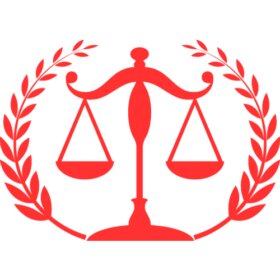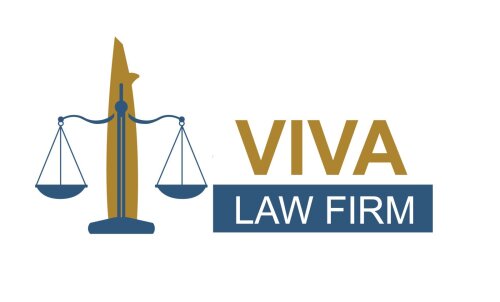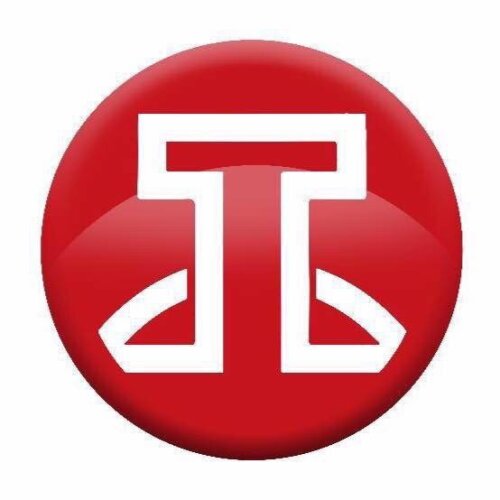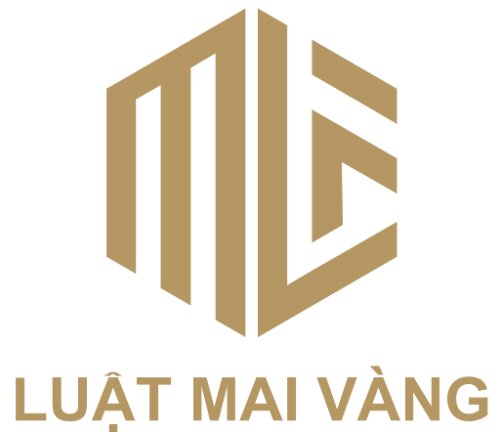Best Employment Benefits & Executive Compensation Lawyers in Vietnam
Share your needs with us, get contacted by law firms.
Free. Takes 2 min.
Or refine your search by selecting a city:
List of the best lawyers in Vietnam
![[DDC] DONG DU INTERNATIONAL ACCOUNTING, TAXES & LEGAL CONSULTING GROUP HCMC VIETNAM](https://lawzana.com/storage/firms/2690/17617306202399.jpg)

About Employment Benefits & Executive Compensation Law in Vietnam
In Vietnam, employment benefits and executive compensation are governed by a combination of labor laws, employment contracts, and corporate policies. The legal framework for these areas is designed to protect both employers and employees, ensuring that compensation is fair and that benefits meet a minimum statutory standard. Employment benefits may include health insurance, social insurance, unemployment insurance, and more, while executive compensation often involves additional incentives such as bonuses, share options, and other performance-based rewards. Navigating these complex fields requires a comprehensive understanding of Vietnamese labor laws and international best practices.
Why You May Need a Lawyer
There are several situations where legal assistance may be necessary in the field of employment benefits and executive compensation in Vietnam. These can include disputes over compensation packages, negotiations for executive contracts, compliance with local labor laws, and restructuring of employee benefit schemes. Additionally, legal advice is often needed during mergers and acquisitions to ensure that all terms comply with both local laws and the wider corporate governance standards. Engaging a lawyer can help mitigate risks and ensure that employee rights and employer obligations are upheld.
Local Laws Overview
Vietnam's employment benefits and executive compensation are primarily regulated by the Labor Code, Social Insurance Law, and various decrees and circulars issued by the government. Key aspects include statutory minimum wages, mandatory social and health insurance contributions, provisions for bonuses and allowances, and guidelines for executive contract terms. The State also plays a significant role in overseeing compliance through inspections and audits. Understanding these regulations is crucial for businesses to operate legally and competitively in Vietnam.
Frequently Asked Questions
What are the mandatory benefits for employees in Vietnam?
By law, employers must provide social insurance, health insurance, and unemployment insurance for their employees. Additionally, maternity and sick leave benefits are also mandated.
How is executive compensation structured in Vietnam?
Executive compensation in Vietnam typically includes base salary, performance-based bonuses, stock options, and various allowances. The structure will often depend on the company's policy and the specific roles and responsibilities of the executive.
Are there any limits on bonuses provided to employees?
There are no statutory caps on bonuses, but they should be clearly defined in the employment contract or company policy to avoid disputes.
What should be included in an employment contract?
An employment contract in Vietnam should include details like job description, salary, working hours, benefits, duration of the contract, and terms of termination, among others.
How can disputes over employment benefits be resolved?
Disputes can be resolved through mediation, arbitration, or litigation. Employers and employees are encouraged to negotiate or use mediation before taking legal action.
What are the tax implications for executive compensation?
Compensation, including bonuses and stock options, is subject to personal income tax. It’s important for both employers and employees to understand relevant tax liabilities.
Is there a difference between local and foreign employee benefits?
Local employment laws apply to all employees, but expatriate packages may include additional benefits such as housing allowances and relocation assistance, subject to negotiation.
How often should employee benefits be reviewed?
It's advisable to review benefits annually to ensure they are competitive and in compliance with any changes in legislation.
Can benefits be changed during employment?
Any changes to benefits must be mutually agreed upon, documented, and comply with labor laws. Unilateral changes by the employer can lead to disputes.
What happens to employee benefits upon termination?
Upon lawful termination, employees are entitled to any outstanding benefits as defined by the employment contract and local laws, including severance pay where applicable.
Additional Resources
Several resources can provide further information and assistance on employment benefits and executive compensation in Vietnam. These include:
- Ministry of Labor, Invalids and Social Affairs (MOLISA)
- Vietnam Social Security
- Vietnam Chamber of Commerce and Industry (VCCI)
- Vietnam National Wage Council
- Legal firms specializing in labor law
Next Steps
If you require legal assistance with employment benefits and executive compensation in Vietnam, consider consulting a legal expert specializing in labor law. It's advisable to prepare all relevant documentation and clearly outline your issues and objectives. This will enable your lawyer to provide tailored advice and potentially negotiate or resolve disputes effectively. Additionally, staying informed about updates in labor laws will help you manage obligations and entitlements more effectively.
Lawzana helps you find the best lawyers and law firms in Vietnam through a curated and pre-screened list of qualified legal professionals. Our platform offers rankings and detailed profiles of attorneys and law firms, allowing you to compare based on practice areas, including Employment Benefits & Executive Compensation, experience, and client feedback.
Each profile includes a description of the firm's areas of practice, client reviews, team members and partners, year of establishment, spoken languages, office locations, contact information, social media presence, and any published articles or resources. Most firms on our platform speak English and are experienced in both local and international legal matters.
Get a quote from top-rated law firms in Vietnam — quickly, securely, and without unnecessary hassle.
Disclaimer:
The information provided on this page is for general informational purposes only and does not constitute legal advice. While we strive to ensure the accuracy and relevance of the content, legal information may change over time, and interpretations of the law can vary. You should always consult with a qualified legal professional for advice specific to your situation.
We disclaim all liability for actions taken or not taken based on the content of this page. If you believe any information is incorrect or outdated, please contact us, and we will review and update it where appropriate.
Browse employment benefits & executive compensation law firms by city in Vietnam
Refine your search by selecting a city.















